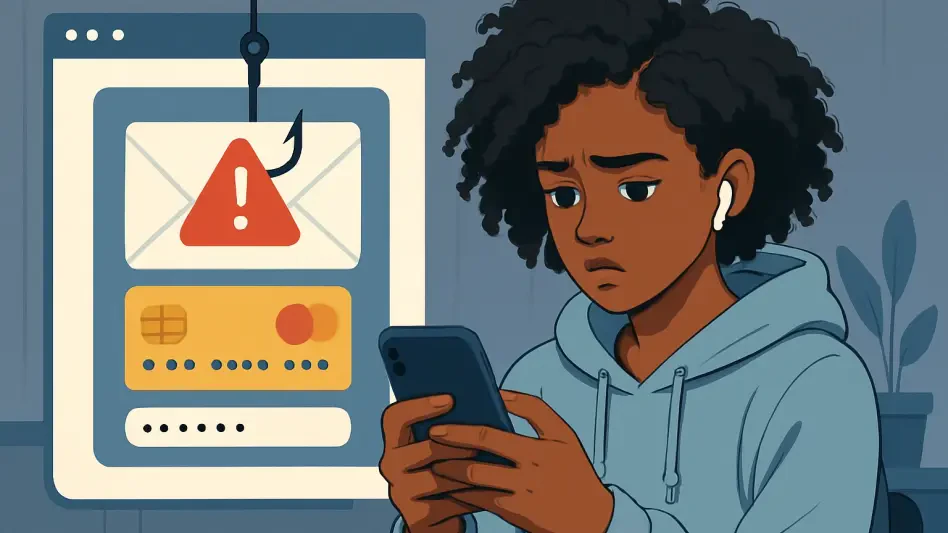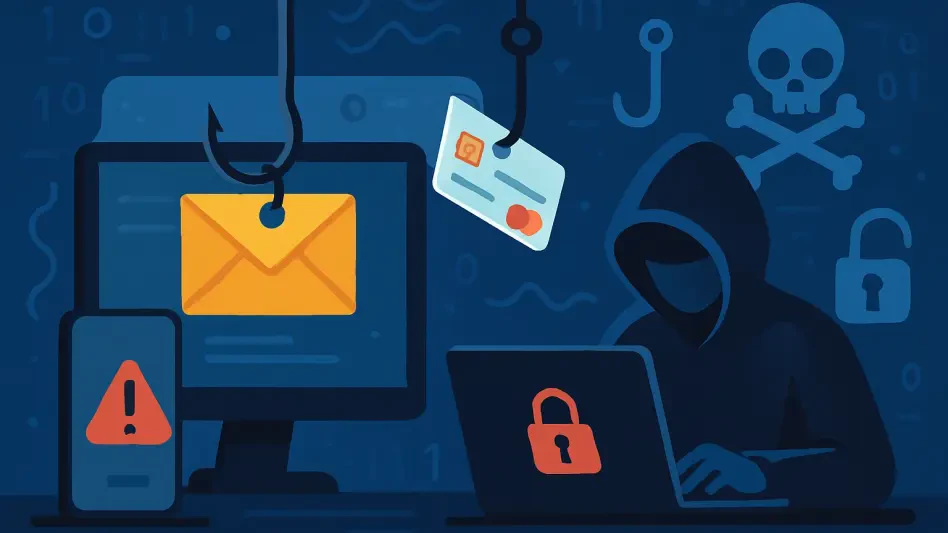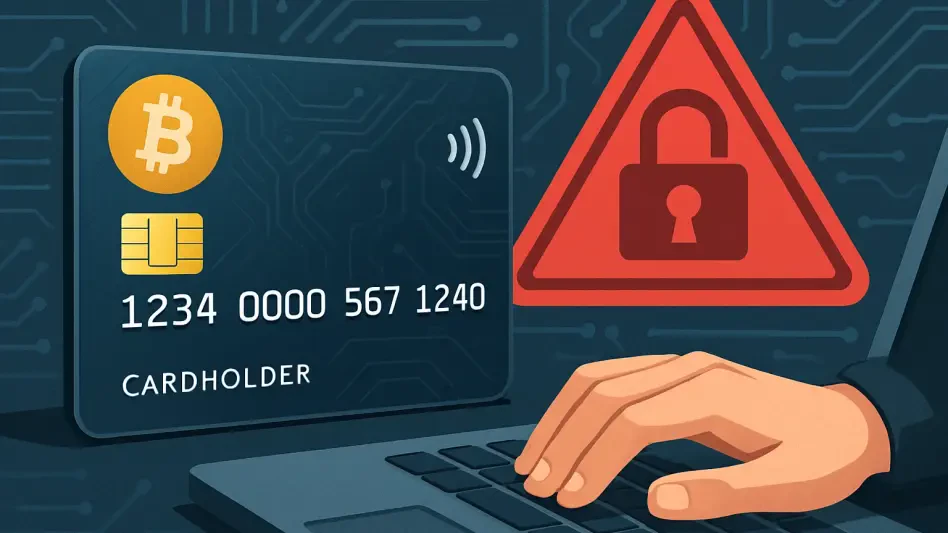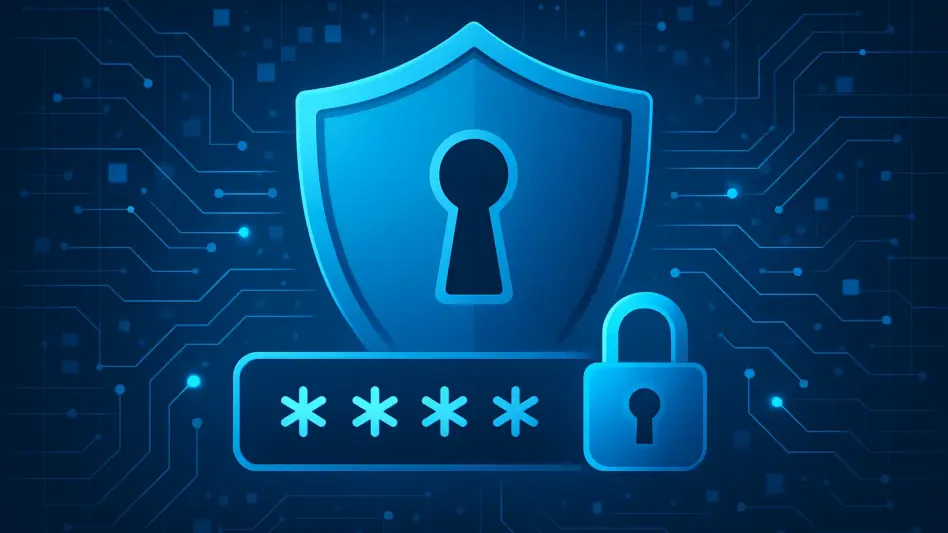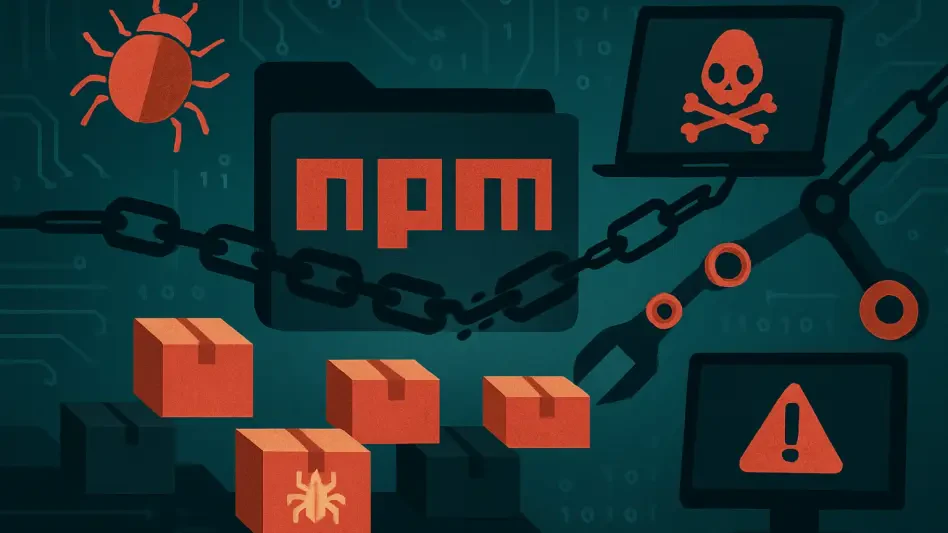In recent months, a sophisticated phishing campaign has been targeting hotel staff by sending out fake Booking.com emails designed to appear as genuine communication from the popular travel website. This campaign has highlighted the dangerous potential for deception within an industry where email communication is frequent and trusted. Since its inception in December last year, the campaign has continued to evolve and adapt, posing severe risks to unsuspecting hotel employees who may inadvertently infect their systems with malware.
The Deceptive Tactics of “Storm-1865”
Manipulating Trust: The Fake Booking.com Emails
At the heart of this phishing campaign is the clever use of fake emails that mimic those from Booking.com, a widely-used platform in the hospitality industry. These emails cunningly exploit the established trust between hotels and the website, which typically includes the handling of guest reviews and booking requests. By crafting emails that appear legitimate, attackers effectively lower the defenses of their targets, prompting hotel staff to engage without suspicion.
The method employed by the attackers, identified by Microsoft as “Storm-1865,” involves convincing recipients they need to fix a non-existent issue. This tactic, known as “ClickFix,” is notably deceptive. Recipients are tricked into interacting with a fake CAPTCHA followed by an error message. They are then directed to use a Windows-Run shortcut and execute a command from their clipboard, leading to the installation of credential-stealing malware.
Malware Types and Their Functions
Upon investigating the campaign, Microsoft uncovered that the malware payload deployed by these phishing emails includes a variety of malicious codes. Among the identified types were XWorm, Lumma stealer, and NetSupport RAT. These pieces of malware have specific functions aimed at stealing valuable information, particularly financial data and login credentials from the infected systems.
Such threats represent a significant risk, especially for smaller hotel operations that might lack advanced IT defense systems. The financial repercussions of such breaches could be severe, and the stolen credentials could grant attackers further access to sensitive information, exacerbating the potential damage. This highlights the urgent need for hotels, regardless of size, to bolster their cybersecurity measures and train staff to recognize and respond to phishing attempts.
The Broader Implications for Cybersecurity in the Hospitality Industry
The Evolving Threat Landscape
The success and ongoing nature of this campaign underscore a broader trend of increasing sophistication in phishing tactics. Attackers are becoming more adept at exploiting trust and established processes within industries, tailoring their approaches to ensure higher success rates. The shift in focus from individual hotel guests to the hotels themselves marks a significant evolution in the threat landscape, indicating that cyber attackers are continually refining their strategies.
This campaign’s ability to adapt and maintain its effectiveness over several months serves as a stark reminder of the dynamic nature of cybersecurity threats. For the hospitality industry, which depends heavily on timely and accurate communication, the risk posed by such sophisticated phishing tactics cannot be overstated. Hotels must remain vigilant, updating their security protocols and investing in ongoing staff training to mitigate these evolving threats.
Recommendations and Preventative Measures
In response to the identified threats, Microsoft has provided several recommendations to help organizations defend against such phishing campaigns. Key amongst these suggestions are the implementation of multi-factor authentication, which adds an additional layer of security beyond simple password protection. Additionally, hotel staff should be trained to scrutinize email senders carefully and verify links before clicking, helping to identify and avoid potential phishing attempts.
For larger organizations, Microsoft has supplied technical indicators that can be monitored to detect and respond to such threats effectively. These include specific characteristics of the malware used by Storm-1865, which IT departments can use to strengthen their defenses. Implementing these preventative measures can significantly reduce the risk of falling victim to such sophisticated phishing scams and help maintain the integrity and security of hotel operations.
The Psychological Manipulation and Future Considerations
Advanced Psychological Tactics
One of the critical aspects of the Storm-1865 phishing campaign is the advanced psychological manipulation employed by the attackers. By creating a sense of urgency and presenting what appears to be a straightforward task, such as fixing a non-existent problem, they exploit the natural inclination of individuals to resolve issues promptly. This tactic reduces the likelihood of recipients questioning the legitimacy of the request, increasing the chances of successful malware installation.
The use of psychological manipulation in phishing attacks is an area that demands more attention from cybersecurity professionals. By understanding the tactics used by attackers, organizations can better prepare their staff to recognize and resist such attempts. Enhanced awareness and training programs that focus not only on the technical aspects of phishing but also on the psychological tactics employed can significantly improve an organization’s overall security posture.
Future Strategies and Solutions
In recent months, a sophisticated phishing campaign has been targeting hotel staff through deceptive fake Booking.com emails that are crafted to look like genuine communication from the well-known travel site. This malicious campaign underscores the significant risks of deception in an industry that relies heavily on frequent and trusted email exchanges. Since the campaign began in December of last year, it has continued to evolve and adapt, becoming more advanced and posing considerable threats to hotel employees who may unknowingly download malware onto their systems. These emails often contain convincing elements that trick even the most cautious staff members, leading to potential security breaches and significant financial and operational disruptions. The evolution of this phishing strategy highlights the urgency for increased cybersecurity awareness and stringent email verification processes within the hospitality sector to protect sensitive data and maintain trust.


